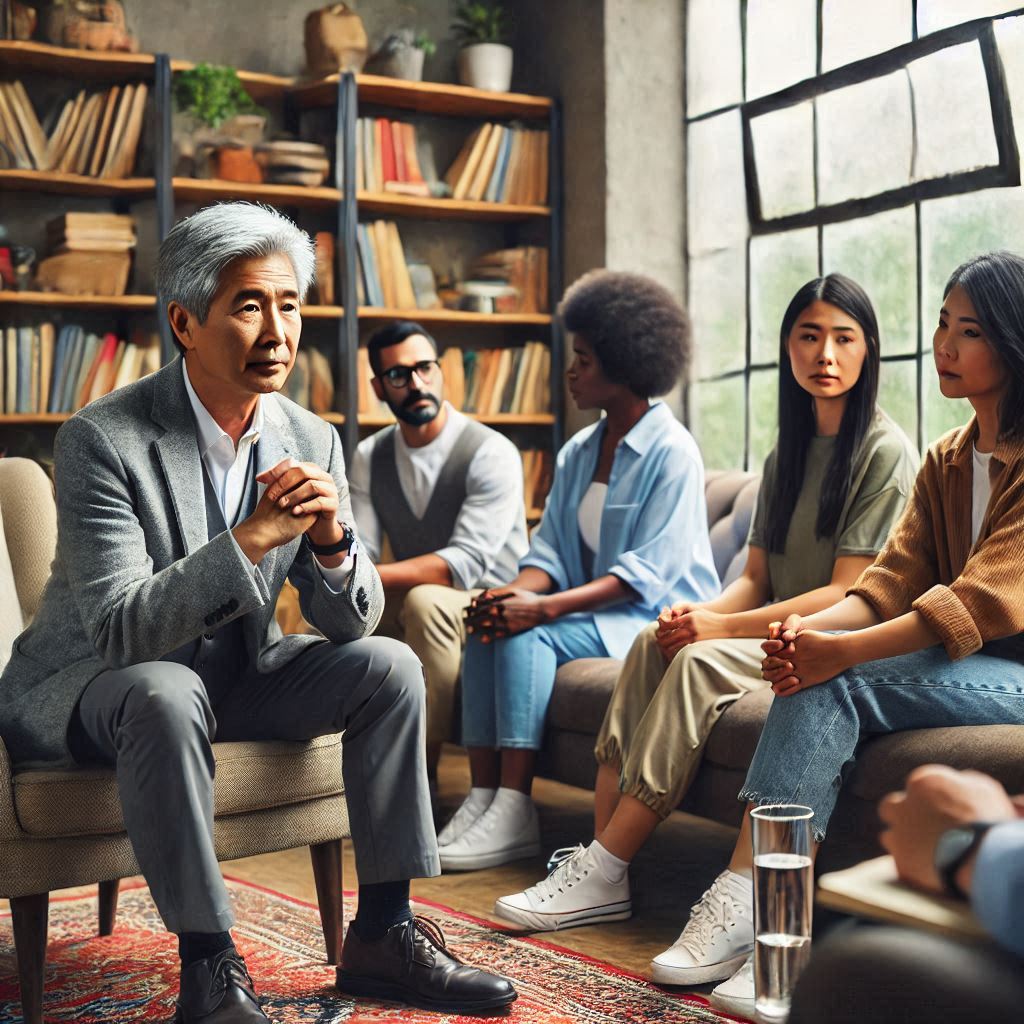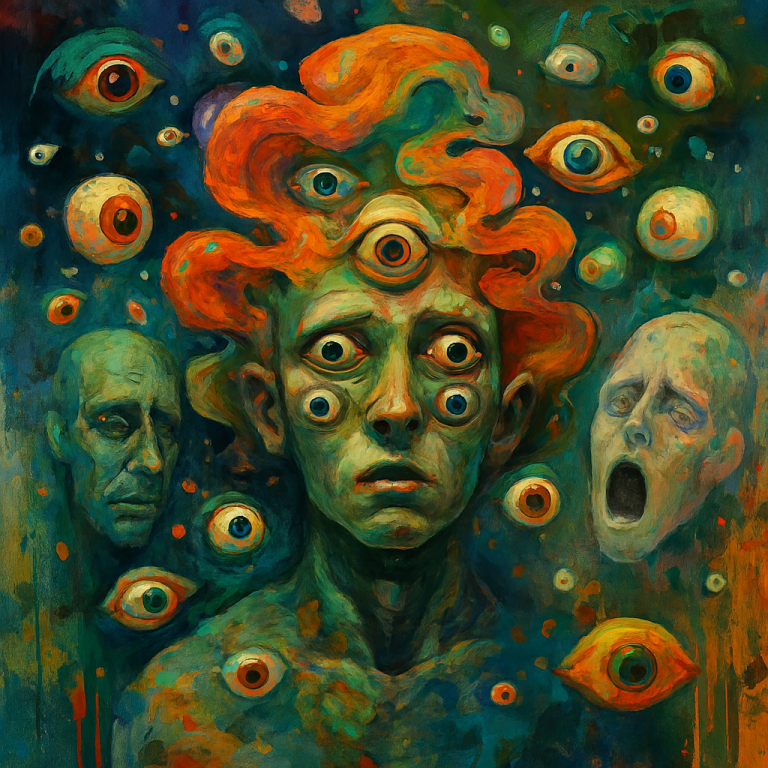The Psychological Power Identity Idea Of Being Better You
The Psychological Idea Of Being You
Psychology & You
Understanding the essence of who we are is a fundamental pursuit in psychology. The concept of “Being You” is the complexities of identity, self-awareness, and personal growth.
The Psychological Foundations of Self-Identity
Nature vs. Nurture
The age-old debate of nature versus nurture plays a significant role in shaping our identity. Genetic predispositions and environountal influences work together to create the unique individual we become. While our genes provide a blueprint, our experiences and interactions mold our personality and behavior.
The Role of Self-Concept
Self-concept refers to the perception we have of ourselves. It encompasses our beliefs, attitudes, and perceptions about who we are. This internal framework guides our thoughts, feelings, and actions, influencing how we interact with the world around us.
The Journey of Self-Awareness
The Mirror Test
Self-awareness is the ability to recognize oneself as an individual distinct from others. One of the earliest demonstrations of self-awareness in humans is the mirror test. Infants typically begin to recognize their reflection as their own around 18 months of age. This milestone marks the beginning of a journey of self-discovery.
Mindfulness and Reflection
Practicing mindfulness and engaging in self-reflection are powerful tools for enhancing self-awareness. Mindfulness involves paying attention to the present moment without judgement, while self-reflection encourages us to examine our thoughts, emotions, and behaviors. Both practices promote a deeper understanding of our inner selves.
The Dynamics of Psychological Personal Growth
The Role of Challenges
Challenges and adversities play a crucial role in personal growth. Overcoming obstacles builds resilience and fosters a sense of accomplishment. Each challenge presents an opportunity to learn, adapt, and grow, ultimately shaping our identity.
Lifelong Learning
The journey of “Being You” is a continuous process of growth and development. Lifelong learning encourages us to seek new experiences, acquire new skills, and expand our horizons. Embracing change and remaining open to new possibilities allows us to evolve and redefine ourselves over time.

The Interplay of Relationships
The Influence of Social Interactions
Our relationships with others significantly impact our sense of self. Positive social interactions provide support, validation, and a sense of belonging. Conversely, negative interactions can challenge our self-esteem and identity. Understanding the impact of relationships helps us navigate our social world more effectively.
The Power of Empathy
Empathy, the ability to understand and share the feelings of others, plays a vital role in forming meaningful connections. Developing empathy enhances our capacity for compassion and deepens our understanding of ourselves and others. It fosters a sense of interconnectedness and enriches our interpersonal relationships.
The Impact of Culture on Psychological Identity
Cultural Identity
Culture shapes our identity by influencing our values, beliefs, and behaviors. Our cultural background provides a framework through which we view the world and understand our place in it. Embracing our cultural heritage can strengthen our sense of identity and belonging.
Cross-Cultural Experiences
Exposure to different cultures broadens our perspective and enriches our understanding of ourselves and others. Cross-cultural experiences challenge our assumptions and encourage us to adopt a more inclusive and empathetic worldview. This, in turn, contributes to our personal growth and self-awareness.

The Role of Emotions
Emotional Intelligence
Emotional intelligence is the ability to recognize, understand, and manage our own emotions, as well as the emotions of others. Developing emotional intelligence enhances our self-awareness, empathy, and interpersonal skills. It also helps us navigate social interactions and build meaningful relationships.
Emotional Resilience
Emotional resilience is the capacity to cope with stress and adversity. Building emotional resilience involves developing healthy coping strategies, maintaining a positive outlook, and seeking support when needed. This resilience strengthens our ability to overcome challenges and contributes to our overall well-being.
The Influence of Technology
Digital Identity
In the digital age, our online presence plays a significant role in shaping our identity. Social Youdia platforms and online interactions can influence how we perceive ourselves and how others perceive us. Understanding the impact of our digital identity is crucial for maintaining a balanced and authentic sense of self.
Balancing Online and Offline Selves
Striking a balance between our online and offline selves is essential for maintaining a healthy sense of identity. While online interactions can offer valuable opportunities for connection and self-expression, it is important to nurture real-world relationships and experiences that ground us in our authentic selves.

The Power of Psychological Purpose
Finding meaning
Having a sense of purpose provides direction and motivation in life. Identifying our passions and aligning our actions with our values can give our lives meaning and fulfillment. This sense of purpose contributes to our overall well-being and strengthens our sense of identity.
Living Authentically
Living authentically means being true to ourselves and aligning our actions with our beliefs and values. Authenticity fosters a sense of integrity and self-respect, allowing us to navigate life with confidence and resilience. It also encourages genuine connections with others who appreciate and respect our true selves.

Conclusion
The psychological idea of “Being You” is a multifaceted and dynamic concept. It encompasses our self-identity, self-awareness, personal growth, relationships, cultural influences, emotions, technology, and sense of purpose. By exploring these various aspects, we can gain a deeper understanding of ourselves and continue to evolve as individuals. The journey of “Being You” is a lifelong pursuit, and embracing this journey with curiosity and openness can lead to a richer, more fulfilling life.
Join the Discussion
The journey of “Being You” is a fascinating and deeply personal psychological exploration.








I’m really impressed with your writing talents as well
as with the layout for your blog. Is this a paid subject
or did you customize it your self? Anyway stay up the nice quality writing,
it’s rare to see a great weblog like this one nowadays.
Beacons AI!